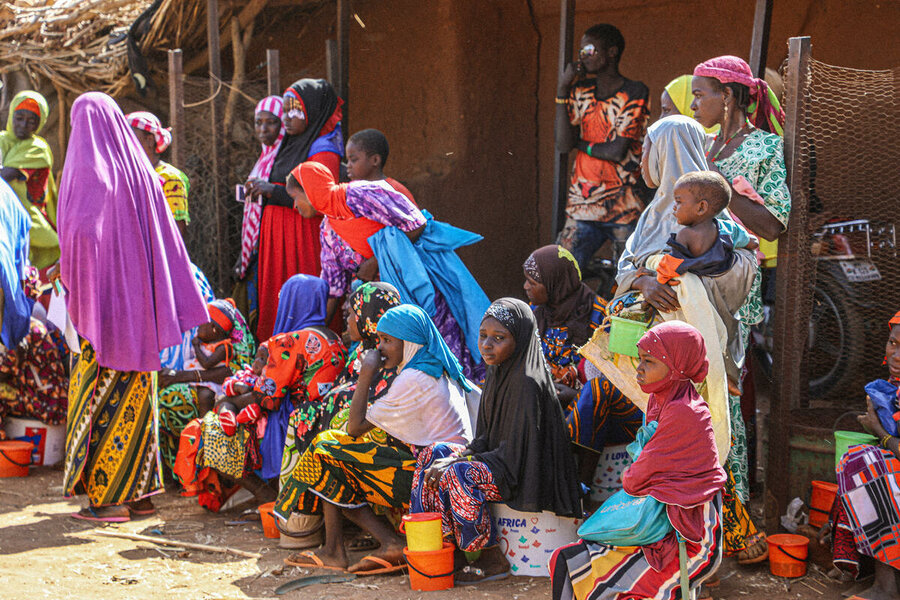The World Food Programme (WFP) has raised an urgent alarm over escalating hunger in West and Central Africa, warning that approximately 52 million people will struggle to meet their basic food and nutritional needs during the upcoming lean season.
Scheduled between June and August, the lean season—marked by minimal food reserves between harvests—will see nearly three million individuals facing emergency levels of hunger. Alarmingly, around 2,600 people in Mali may experience catastrophic hunger, the most severe level under WFP’s food insecurity classification system.
The latest food security analysis highlights multiple contributing factors, including persistent conflict, worsening economic conditions, surging food inflation—exacerbated by rising fuel prices in nations like Ghana, Guinea, and Ivory Coast—and repeated extreme weather events across the Central Sahel, Lake Chad Basin, and Central African Republic.
Conflict-related displacement has further worsened the crisis, with over 10 million people uprooted from their homes—eight million of whom are internally displaced in Nigeria and Cameroon.
Although the report does not cover the Democratic Republic of Congo (DRC), WFP and the UN’s Food and Agriculture Organization (FAO) previously reported that 28 million people are facing acute hunger there, following intensified violence and the advance of M23 rebels in the east. Since December alone, an additional 2.5 million people in the DRC have slipped into acute food insecurity.
The WFP uses a five-phase scale to classify hunger levels: Phase 3 (Crisis), Phase 4 (Emergency), and Phase 5 (Catastrophe or Famine), the most severe.

